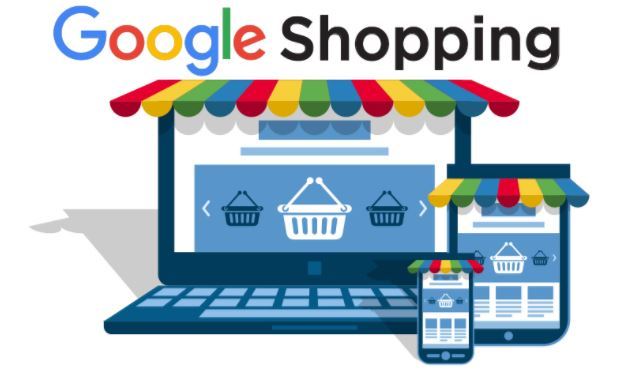On Monday, Google announced a program called Shopping Actions to help retailers take on the eCommerce giant Amazon. Under the program, merchants are allowed to list their products across the search engine’s platforms—Google Search, Google Express shopping service, and Google Assistant on mobile devices and smart speakers like Google Home.
The program gives consumers a universal shopping cart available on mobile, desktop, or voice-activated smart speakers. Features such as one-click re-ordering, personalized recommendations, and basket-building are expected to increase shopper loyalty and engagement. By linking your existing shopping account with Google, the feature will suggest other related products based on previous purchase history and browsing activities.
Aside from a universal cart, customers can share their shopping list, or checkout instantly with saved payment credentials through the Google-hosted payment flow.
In exchange for the sponsored listing and integration with loyalty programs, Google only gets a cut from every successful purchase, unlike its existing pay-per-click ads where businesses pay for exposure.
Google’s move to help retailers compete against Amazon stemmed from the company’s observation of how millions of consumers sent image searches of products asking where to buy such items. In the last two years, this type of mobile searches surged by 85 percent. Daniel Alegre, Google’s president for retail and shopping, pointed out this trend in a recent interview with Reuters.
And with most search results ending with an Amazon purchase, Google has found a way to help retail chains in keeping those customers.
“We have taken a fundamentally different approach from the likes of Amazon because we see ourselves as an enabler of retail,” Alegre pointed out. “We see ourselves as part of a solution for retailers to be able to drive better transactions … and get closer to the consumer.”
Based on early results of the Shopping Actions tool, merchants noticed that the average size of a customer’s shopping basket increased by 30 percent, pointing to a more convenient, seamless shopping experience. Ulta Beauty has seen its average order value jump by 35 percent after its partnership with Google. After partnering for six months, Target said that its Google Express baskets have expanded by almost 20 percent.
Furthermore, retailers are eager to join the growing voice shopping market – the next step for eCommerce – currently dominated by Amazon’s Echo devices. Prior to Shopping Actions, retailers Target and Walmart have teamed up with the search giant to allow voice-based shopping through Google Assistant and integration with Google Express.
Google has partnered with big retailers such as Target, Walmart, Costco, Ulta Beauty, and Home Depot for this program. Shopping Actions is available to any retailer in the US.
[Featured image via Google]


